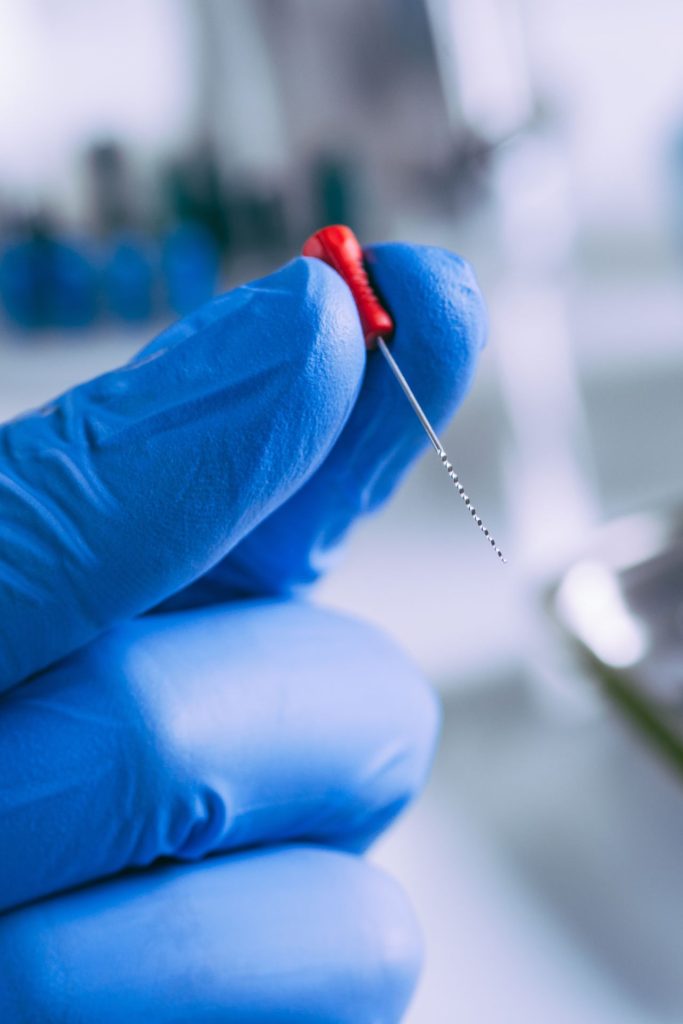A root canal is a dental procedure aimed at removing infected or damaged pulp from a tooth’s root canal system to save the tooth and relieve pain. The procedure involves cleaning, shaping, and filling the root canal space with a biocompatible material. Root canals are typically needed when a tooth’s pulp becomes inflamed or infected due to deep decay, repeated dental procedures, or injury.
A root canal treatment aims to save a damaged or infected tooth, preserving its function and appearance. The procedure eliminates infection, prevents reinfection, and protects the decontaminated tooth from future microbial invasion.
A root canal is necessary when a tooth’s pulp becomes inflamed or infected. Possible causes include:


The root canal procedure involves the following steps:
Follow your dentist’s instructions for pain management and medication usage.
Avoid chewing on the treated tooth until fully restored with a crown or filling.
Maintain proper oral hygiene, including regular brushing, flossing, and dental checkups.
Avoid hard, crunchy, or sticky foods to prevent damage to the treated tooth.
Address any concerns or complications with your dental professional promptly.
By following these tips and maintaining proper oral hygiene, you can ensure a successful root canal procedure and preserve your tooth for years to come.
